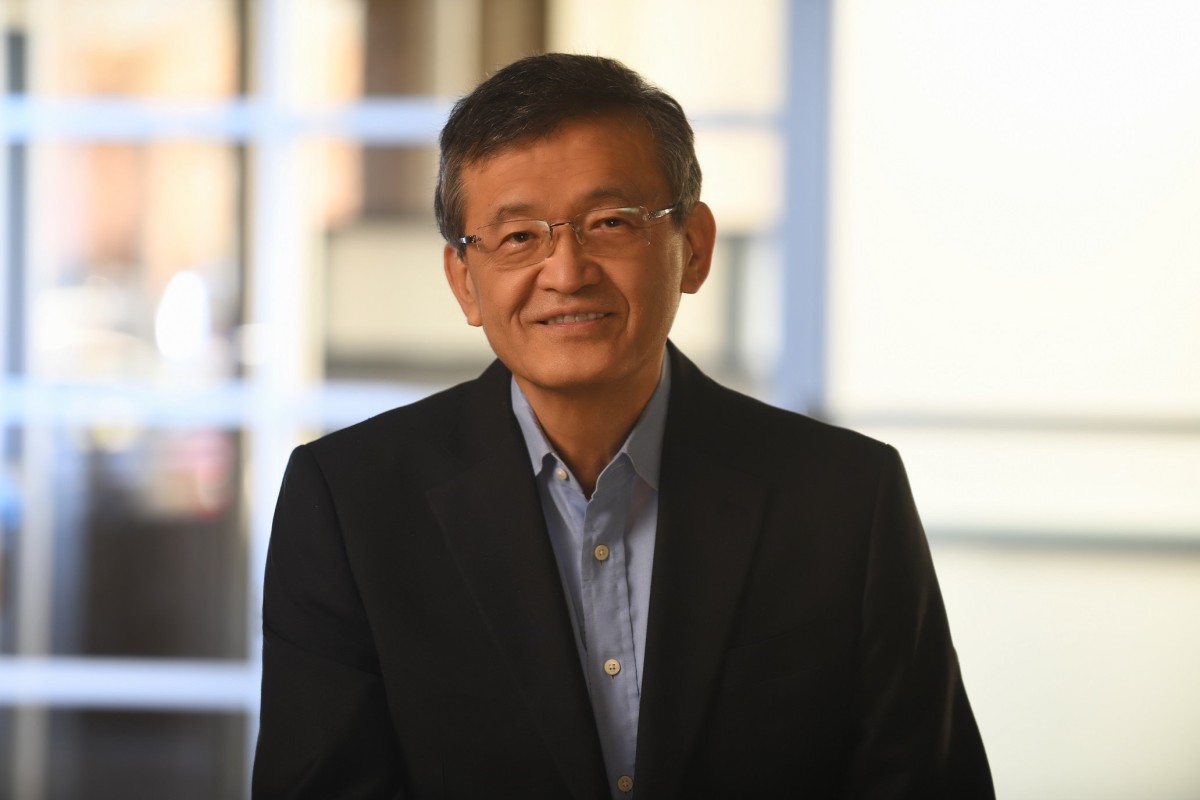
Former US President Donald Trump recently posted on the Truth Social social network, demanding the immediate resignation of Lip-Bu Tan, Intel’s CEO. Trump called Tan a person “plagued by conflicts of interest” and emphasized that “there is no other solution to this problem.” This statement was immediately followed by a market reaction, with Intel’s stock value falling by nearly five percent, indicating investors’ sensitivity to the political and economic developments surrounding this major technology company.
Political Pressure on Intel’s CEO
Trump’s demand for Intel’s CEO to resign is a direct result of questions and concerns raised in the US Congress regarding Tan’s ties with Chinese companies. Senator Tom Cotton, a Republican, had, just one day before Trump’s remarks, sent a letter to Intel’s Board Chairman, requesting clarification on Tan’s investments in Chinese companies and also on his former company’s (Cadence Design) past criminal case. These accusations hold significant importance in the current climate of strained trade and technology relations between the United States and China, and they could have serious consequences for Intel.
Reports and allegations by Reuters indicate that Lip-Bu Tan, both personally and through investment funds he founded or managed, has invested in hundreds of Chinese companies. More concerning for US officials is the claim that some of these Chinese companies allegedly have direct or indirect ties to the Chinese People’s Liberation Army. Such accusations raise serious concerns about national security and the transfer of sensitive technology to competitors, potentially jeopardizing Intel’s position as an American technology company.
The criminal case involving Cadence Design, Lip-Bu Tan’s former company, has also fueled these accusations. Although the details of this case are not fully elaborated in the original article, its mention alongside the China-related allegations indicates an attempt to portray a pattern of “conflict of interest” as referenced by Trump. These cases and accusations not only impact Intel’s public image but could also lead to government investigations and potential sanctions that would severely affect the company’s global operations. In a situation where the US is trying to decouple its supply chains from China and gain more control over critical technologies, the presence of a manager facing such accusations for a strategic company like Intel can be highly sensitive.
Intel on the Verge of a Major Transformation
Intel, a name once synonymous with innovation and leadership in the chipmaking industry, is now transitioning through a tumultuous period. For years, Intel was undeniably the undisputed king of the semiconductor world, but a series of controversial strategic decisions and repeated delays in updating production processes have shaken this leading position. Companies like TSMC from Taiwan, with massive investments in more advanced technologies, gradually outpaced Intel and became the world’s largest contract chip manufacturer. Intel, which once produced all its chips in-house, is now forced to outsource a portion of its production to competitors like TSMC, which means losing full control over the manufacturing process and also a reduction in profit margins.
In addition to production challenges, Intel has also lagged behind competitors in the rapidly growing and highly profitable market for AI chips. Nvidia, with its early focus and significant investments in Graphics Processing Units (GPUs) optimized for AI applications, has become the absolute dominator of this market segment. Intel’s share in the AI chip market is currently negligible, while demand for these types of chips is increasing exponentially. This deep gap is one of the biggest concerns for Intel’s financial future and innovative standing, as AI is recognized as the driving force behind the next generation of technology.
In response to these challenges, Intel has embarked on a major transformation program. This program includes massive investments in building new factories (fabs) in the US and Europe, developing advanced chip packaging technologies, and striving to become a contract manufacturer (foundry) for other companies. The ultimate goal is to regain leadership in semiconductor technology and reduce reliance on foreign manufacturers. However, this path is fraught with obstacles, requiring enormous investments and a long time, and its success will depend on strong and strategic leadership.
Challenges Facing Intel and Its CEO
Lip-Bu Tan’s mission as Intel’s CEO was described as “difficult” from the outset, with some even calling it a “death march” for Intel. He had a formidable task: to rescue the American chipmaking giant from its decline and restore it to its peak. Along this path, Tan faced enormous challenges, including rebuilding aging production lines, accelerating innovation to compete with industry leaders, and regaining the trust of investors and customers, which had been severely damaged due to Intel’s poor performance in recent years. Now, accusations related to conflicts of interest and ties with Chinese companies have added a new layer of complexity and pressure to this mission.
The combination of internal pressures for transformation and innovation with external pressures stemming from political and geopolitical accusations has placed Intel’s CEO in an extremely sensitive position. While Intel should be fully focused on improving its technical and competitive standing, it is now forced to expend significant energy and resources addressing government accusations and appeasing public opinion and regulators. This situation could slow down Intel’s transformation process and even confront it with new obstacles. Uncertainty in leadership has always been detrimental to large corporations.
The impact of these accusations on investor confidence and Intel’s stock value, observed immediately after Trump’s statements, is just the tip of the iceberg. In the long term, eroded trust could make it harder to attract capital for costly projects like building new factories and also make retaining and attracting top talent in the competitive semiconductor industry more challenging. Intel’s survival as a leading technology power is crucial not only for its shareholders but also for the economic and strategic security of the United States, as the company plays a key role in the global chip supply chain.
Ultimately, the fates of Intel and Lip-Bu Tan are intertwined. Success or failure in confronting these accusations and alleviating political concerns could have a decisive impact on Intel’s ability to regain its position in the global chip industry. This situation highlights the increasing complexities of managing large technology companies in the current era, where the boundaries of business, politics, and national security are deeply intertwined.
Intel’s current situation is a clear example of the complex challenges faced by global technology companies. On one hand, there is the urgent need for continuous innovation and competition with powerful market players, and on the other, grappling with political pressures and accusations related to conflicts of interest. This has shrouded the future of this major company in uncertainty. Lip-Bu Tan’s fate and the path he chose for Intel are now more than ever under scrutiny and require intelligent and strategic responses to guide Intel out of this quagmire and into a new era of growth and progress.
Source: Zoomit.ir



